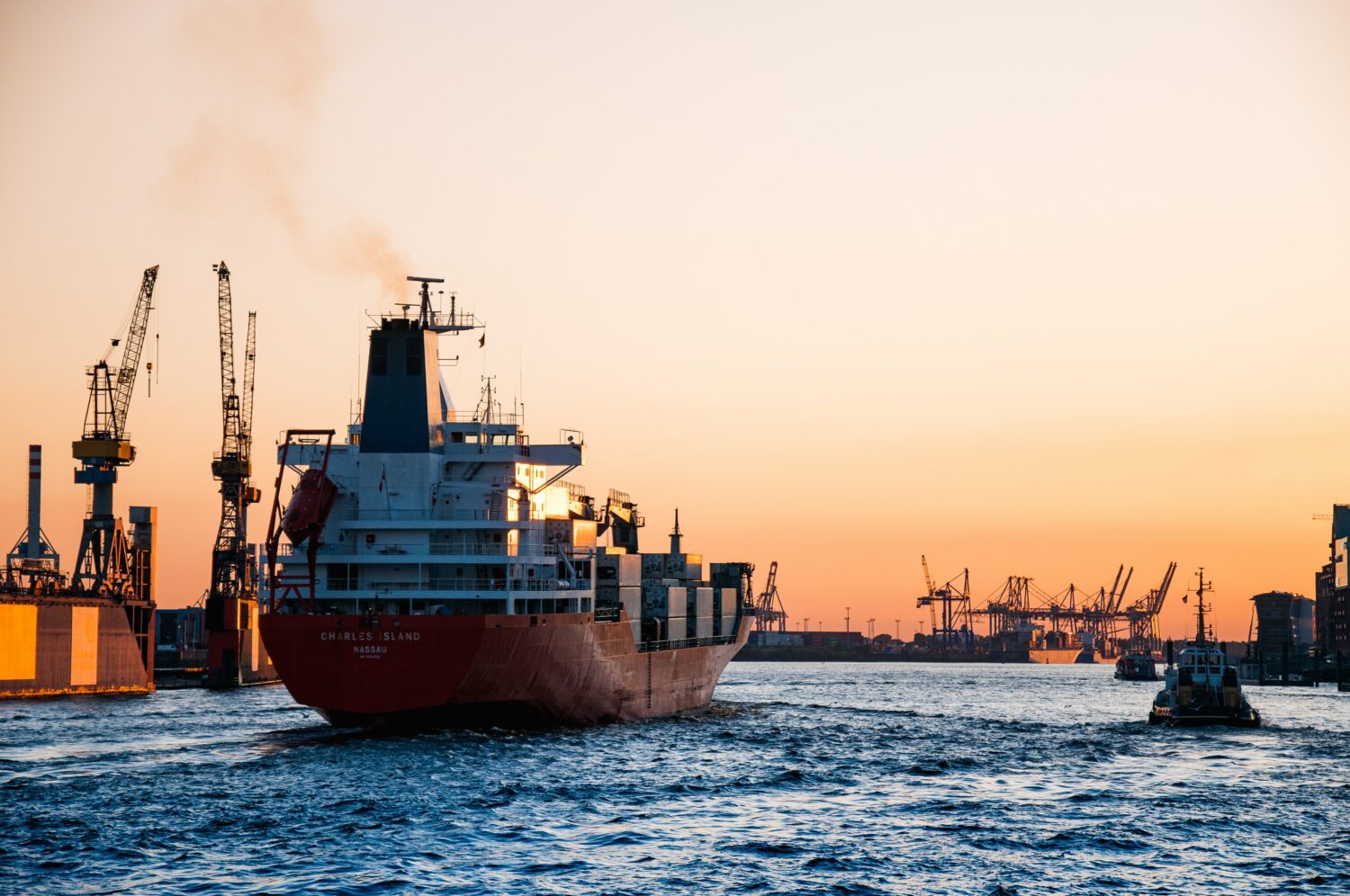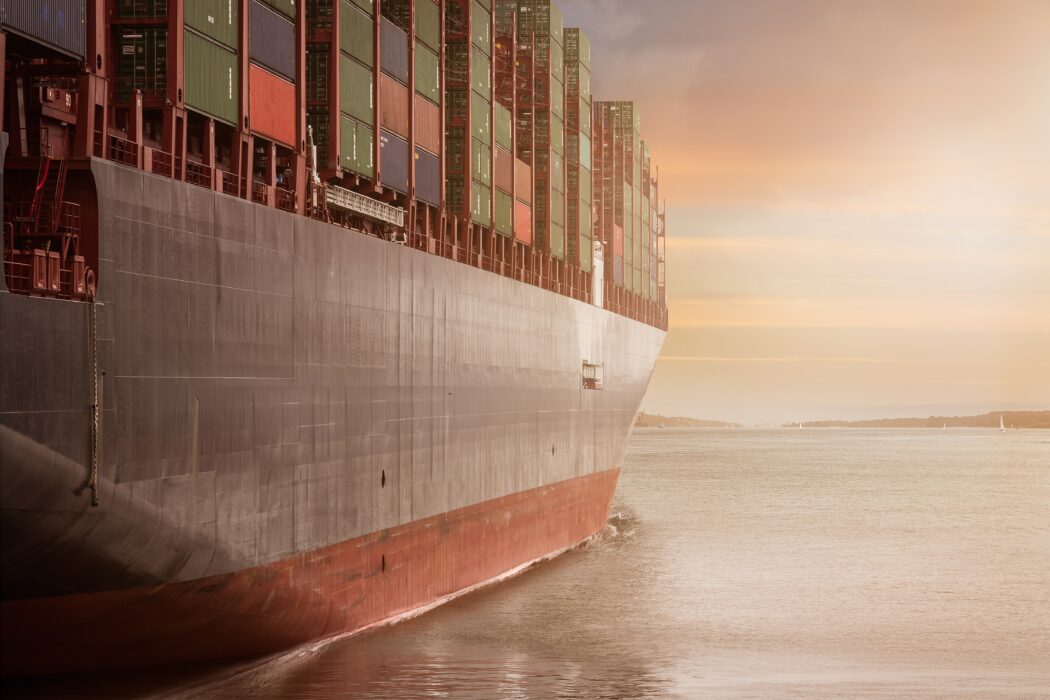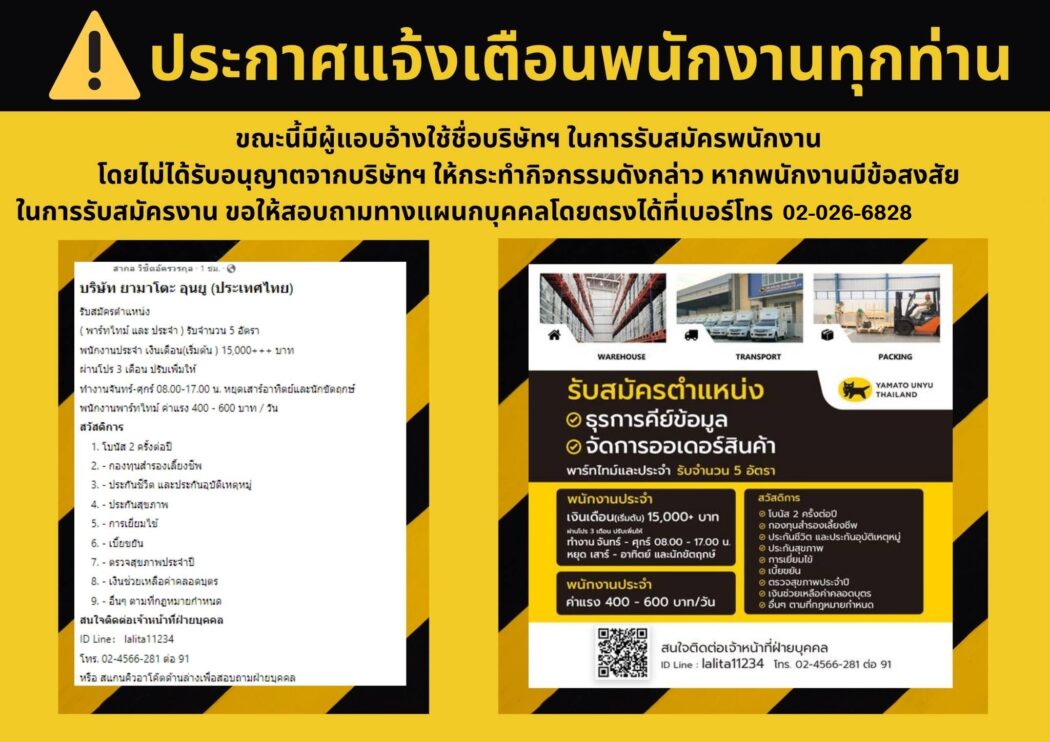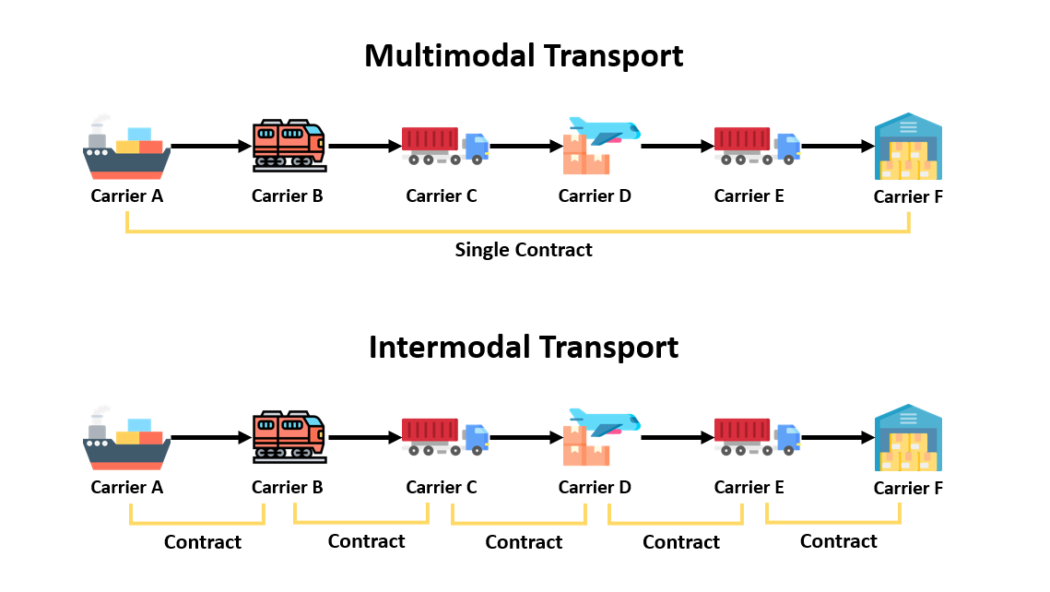Shipping can be a complex and daunting process, especially when it comes to international trade. If you’re involved in the shipping industry, you may have heard of NVOCC, or non-vessel operating common carriers. But what exactly is NVOCC, and how does it simplify shipping?
In simple terms, NVOCC companies act as intermediaries between shippers and carriers, facilitating the movement of goods without owning any vessels themselves. This means that NVOCCs can offer more flexibility and cost-effectiveness than traditional shipping methods, making them a popular choice for businesses of all sizes.
In this article, we’ll delve deeper into the world of NVOCCs, exploring their role in the shipping industry and the benefits they offer to businesses looking to streamline their supply chain. So, whether you’re a seasoned logistics professional or just starting out in the industry, read on to discover everything you need to know about NVOCC and how it can help simplify your shipping operations.

Understanding the Role of NVOCC in Shipping
NVOCC, or non-vessel operating common carriers, play a crucial role in the shipping industry. A non-vessel operating common carrier is essentially a company that does not own any vessels but arranges for the transportation of goods on behalf of shippers. NVOCCs usually operate on a global scale and have their own network of agents and partners around the world. These agents and partners help to ensure that goods are transported efficiently and cost-effectively.
One of the key benefits of using an NVOCC is that they offer more flexibility than traditional shipping methods. NVOCCs can provide a range of shipping options, from full container loads (FCL) to less than container loads (LCL). This means that businesses of all sizes can benefit from NVOCC services, whether they need to transport a large quantity of goods or just a few items.
Another advantage of using an NVOCC is that they can help to simplify the shipping process. NVOCCs have the expertise and resources to handle all aspects of the shipping process, from documentation and customs clearance to cargo insurance and delivery. This means that businesses can save time and money by outsourcing their shipping needs to an NVOCC.
Advantages of Using NVOCC Services
Businesses of all sizes can benefit from using NVOCC services. Here are some of the key advantages:
### Cost-Effective Shipping Options
One of the main advantages of using an NVOCC is that they offer cost-effective shipping options. NVOCCs can provide a range of shipping options, from full container loads (FCL) to less than container loads (LCL). This means that businesses can choose the shipping option that best suits their needs and budget.
### Expertise and Resources
NVOCCs have the expertise and resources to handle all aspects of the shipping process. This includes documentation, customs clearance, cargo insurance, and delivery. By outsourcing their shipping needs to an NVOCC, businesses can save time and money.
### Global Reach
NVOCCs operate on a global scale and have their own network of agents and partners around the world. This means that businesses can benefit from their expertise and reach, regardless of where they are located.
### Flexibility
NVOCCs offer more flexibility than traditional shipping methods. They can provide a range of shipping options, from full container loads (FCL) to less than container loads (LCL). This means that businesses of all sizes can benefit from NVOCC services.
How NVOCC Differs from Freight Forwarders and Carriers
NVOCCs are often confused with freight forwarders and carriers, but there are some key differences between these three types of companies. Here’s a brief overview:
### NVOCC vs. Freight Forwarders
NVOCCs and freight forwarders both act as intermediaries between shippers and carriers. However, there are some key differences between these two types of companies.
NVOCCs are essentially shipping companies that do not own any vessels. They arrange for the transportation of goods on behalf of shippers and have their own network of agents and partners around the world.
Freight forwarders, on the other hand, are companies that arrange for the transportation of goods on behalf of shippers, but they do not own any vessels or operate their own shipping services. Instead, they work with a network of carriers to transport goods.
### NVOCC vs. Carriers
NVOCCs and carriers are also different types of companies. Carriers are shipping companies that own vessels and operate their own shipping services. They transport goods directly from one location to another and are responsible for the safety and security of the cargo.
NVOCCs, on the other hand, do not own any vessels. They arrange for the transportation of goods on behalf of shippers and work with carriers to transport goods. NVOCCs are responsible for ensuring that the cargo is transported safely and securely, but they do not have direct control over the vessels used for transport.
NVOCC Regulations and Compliance
NVOCCs are subject to regulations and compliance requirements, just like any other shipping company. In the United States, NVOCCs are regulated by the Federal Maritime Commission (FMC). The FMC requires NVOCCs to register with the commission and provide proof of financial responsibility.
NVOCCs are also required to adhere to a range of compliance requirements, including safety and security measures, documentation requirements, and customs regulations. Failure to comply with these regulations can result in fines, penalties, and even the revocation of an NVOCC’s license.
Conclusion
In conclusion, NVOCCs play a crucial role in the shipping industry, providing businesses of all sizes with cost-effective and flexible shipping options. By outsourcing their shipping needs to an NVOCC, businesses can save time and money, while also benefiting from the expertise and resources of these companies. However, it’s important to understand the regulations and compliance requirements that NVOCCs are subject to, to ensure that your shipping needs are handled safely and securely.
For more information please contact our Sea Freight staff.



